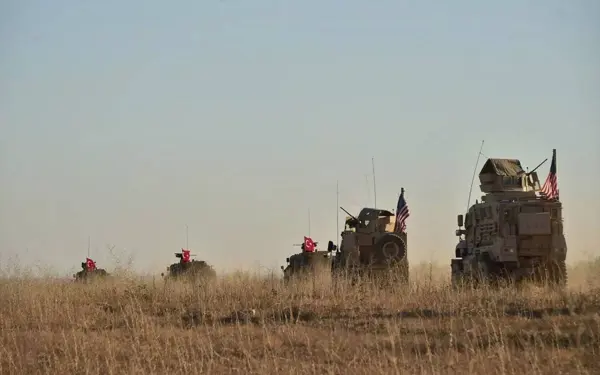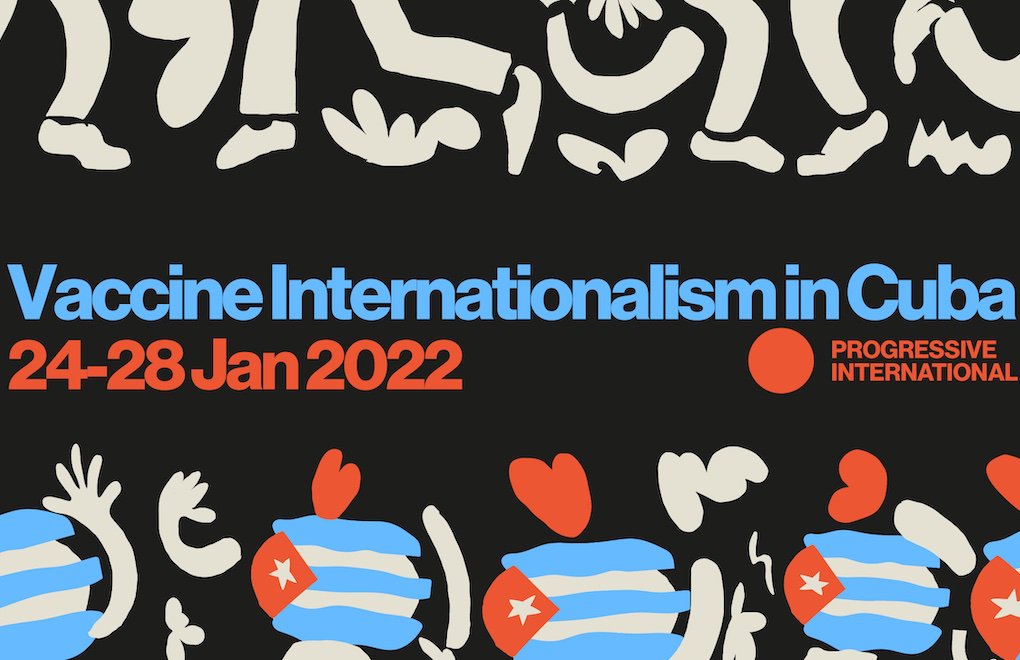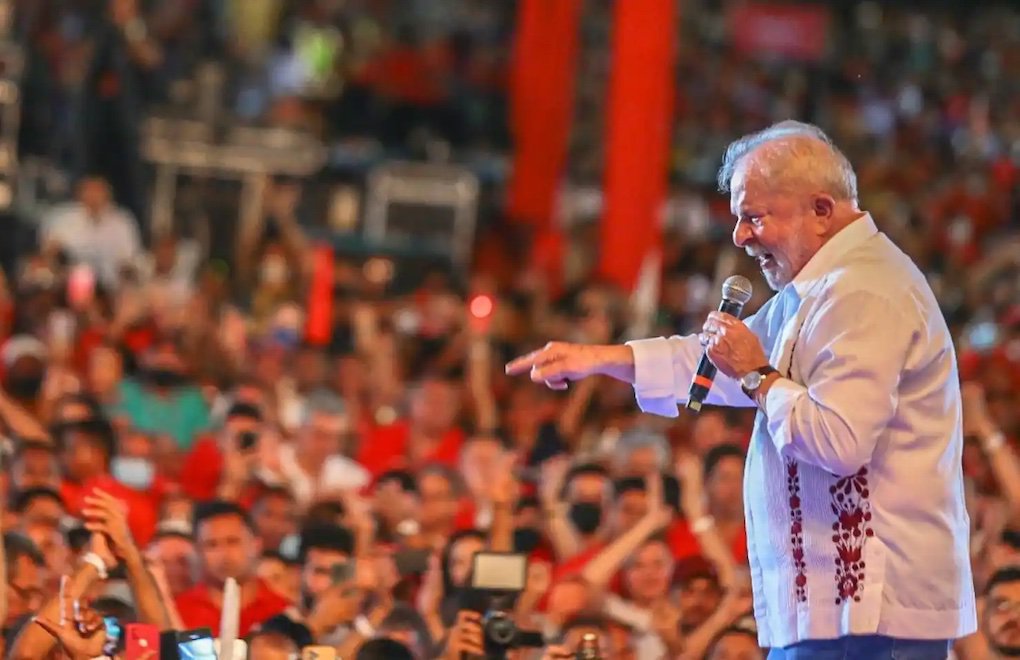"The US officials have already expressed us their determination for an attack against Iraq," admits a worried and desperate Turkish Prime Minister Bulent Ecevit. "They don't simply imply but openly express this."
"And we are preparing both politically and militarily," he says in a televised interview.
Known for his staunch opposition against war on Iraq, the apparent shift in Ecevit's tone follows series of meetings with Robert Pearson, US ambassador to Ankara on Tuesday.
According to media reports leaking from Prime Minister Bulent Ecevit's office, Turkish government has forged out a specific plan for a "post-Saddam" situation in Iraq.
Code-named "B.020" and undersigned by Bulent Ecevit "we have to impose our own influence in the reshaping of the Iraqi policies of the US administration," Turkish government lays down its basic approach for close cooperation with the US.
Iraq's integrity
"There is no doubt that the emergence, on our southeastern borders of a democratic Iraq with good relations with the West is extremely valuable for our strategic interests," Turkish government believes according to a Thursday report by national daily Hurriyet.
With particular focus on the territorial integrity of Iraq Turkish government plan categorically refutes "the declaration of an independent Kurdish state" in future Iraq.
Having fought fifteen years of bloody war against Kurdish guerrilla PKK (Kurdistan Workers Party) claims of an "autonomous Kurdistan" in Turkey's southeast provinces, Ankara is keen on any similar development in Iraq, what they fear might resurrect Kurdish aspirations for independence.
Kurds
Former Ottoman Empire territory the Kurdish land was divided between Iran, Iraq, Syria and Turkey after the First World War. Estimated 15 million Kurds live in Turkey, while 2 million live in Northern Iraq, 1,5 million in Iran and less than 1 million in Syria.
"Ethnic minorities in Iraq should be prevented from establishing separate administrations," Turkish plan underlines determination for preventing Kurdish independence at any price. "Such declarations in this direction are a cause for intervention on our part."
In spite of preparations for the "worst scenario" Turkish government will continue efforts to convince the US refrain from a military operation Bulent Ecevit says.
"A military operation will seriously affect our crisis ridden economy," Ecevit is concerned.
Parris: Ankara's worries
Mark Parris, former US Ambassador to Ankara, in a US Senate Foreign Relations Committee session on Iraq on Wednesday, confirmed Turkish worries.
Recalling Turkey's losses of 40-80 billion US dollars in the Gulf War, "Turks hate the idea of overthrowing Saddam," Parris is reported to say.
"It is worried that if everything does not get along as planned, the US will leave Turkey face to face with a hostile or chaotic neighbor," he told. "Yet, Ankara will not have the luxury of sitting arms folded should Washington go after Saddam," he added. "Ankara, for her own interests, will need to take part in the planning and implementation of US plans."
Karaboga: Economy will be effected
Turkish business community too is worried.
"The US is determined to intervene in Iraq," says Bedrettin Karaboga chair of GUNSIAD (Southeastern Industrialists and Businessmen Association) after meeting with US Ambassador Pearson.
"In reply to Pearson's question we openly expressed that the region's economy will be adversely affected during a US military operation," Karaboga told journalists. "Yet he remained silent."
Having decided for early elections on Nov. 3, in a special session on Wednesay, Turkish parliament leaves the Iraqi situation out of its agenda and debates on adjusting Turkish domestic law with European Union guidelines.
Tarhanli: Government's difficulties
However, analysts warn that Turkish military cooperation with the US requires a special parliament decision."
"Turkish parliament should make a decision in that direction. Without such a decision the government will be faced with difficulties," says international relations analyst Prof. Turgut Tarhanli of Istanbul's Bilgi University.
"Further, Turkey can not base such cooperation on NATO membership. For NATO bounds member countries for defense alliance against aggression. And there is no NATO decision in that direction either," Tarhanli told IPS.
Another Turkish concern is a prospective Kurdish refugee inflow from the PUK (Patriotic Union of Kurdistan) and KDP (Kurdistan Democratic Party) controlled Northern Iraq through its southeastern borders, in case of an US military operation.
Campsites on the Iraqi border
According to reports from the region the local authorities spot refugee campsites on the Iraqi border areas of Uludere and Silopi.
In a similar influx during the 1991 Gulf War, following an abortive uprising against Baghdad hundreds of thousands of Kurdish refugees had fled Iraq. In spite of international humanitarian aid the refugees' plight was immense. Cold and hunger cost thousands of lives during exodus and after.
Commenting on the impact of a prospective US operation on the Iraqi Kurds "both Turkey and Iraqi Kurds will bow before US pressure and adopt a hostile attitude against KADEK (formerPKK)," says analyst Masallah Ozturk of Germany based pro-Kurdish daily Ozgur Politika.
The Kurdish guerrilla PKK, after a Conference decision in 2001 has changed its name for KADEK ( Kurdistan Democracy and Freedom Congress), disbanded its armed units in the Turkish territory and adopted a peaceful strategy for the rights of Kurds.
"KADEK will resume armed action"
However, according to Turkish defense sources estimated 5 thousand armed guerrillas are still based in Northern Iraq.
Kurdish analyst Ozturk points to the prospect that KADEK will resort to force if the US operation leads to a concerted attack of the Turkish forces and Iraqi Kurds on KADEK militants.
"Under these circumstances KADEK will inevitably resume armed action in the Turkish territory," he warns.
Commenting on the negative effects on the human rights situation in Turkey, Iraq and Kurdish populated areas of both countries Human Rights Association (IHD) urges for a "Middle East Peace Conference" to bring the conflicting parties around the negotiations table. (ENDS)










